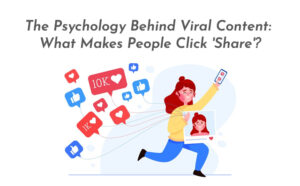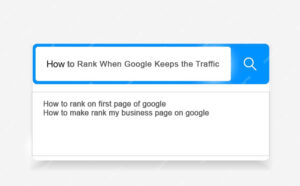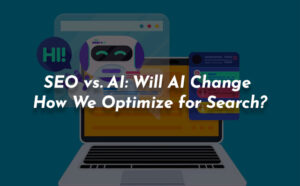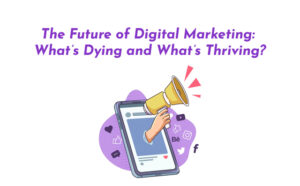Introduction:
In the ever-evolving landscape of marketing, small agencies face a myriad of challenges. Among these challenges, navigating the ethical waters is of paramount importance. Maintaining a high ethical standard not only safeguards the agency’s reputation but also establishes trust with clients and consumers. In this article, we’ll explore how a marketing agency can approach ethical issues, offering insights and strategies for small agencies to overcome potential hurdles.
Understanding Ethical Issues in Marketing:
Ethical issues in marketing can range from deceptive advertising practices to the misuse of customer data. For small marketing agencies, the stakes are high, as any misstep can have a disproportionate impact on their reputation and client base. Recognizing the ethical dilemmas unique to the industry is the first step towards developing a robust ethical framework.
- Transparency and Honesty:
One of the pillars of ethical marketing is transparency. Small agencies should be forthcoming about their methodologies, pricing structures, and the potential outcomes of their services. Honest communication builds trust, fostering long-term relationships with clients. Avoiding deceptive practices ensures the agency’s integrity remains intact.
- Privacy and Data Security:
With the increasing reliance on data-driven marketing strategies, protecting customer data is paramount. Small agencies must implement robust cybersecurity measures to safeguard sensitive information. Informing clients about data collection practices and obtaining explicit consent demonstrates a commitment to ethical conduct.
Developing an Ethical Framework:
Once the ethical challenges are identified, it’s crucial for small marketing agencies to establish a comprehensive ethical framework that guides decision-making at every level.
- Mission and Values:
Clearly defining the agency’s mission and values sets the foundation for ethical conduct. These guiding principles serve as a compass, helping employees make decisions aligned with the agency’s commitment to integrity.
- Employee Training:
Ethical awareness should be ingrained in the agency’s culture. Regular training sessions on ethical marketing practices, industry standards, and legal regulations ensure that employees are well-equipped to make ethical decisions in their day-to-day tasks.
- Client Collaboration:
Maintaining open lines of communication with clients is essential. Collaborate with clients to establish ethical boundaries and ensure that marketing strategies align with their values. This collaborative approach fosters a strong partnership built on trust and shared ethical principles.
Addressing Common Ethical Challenges:
Small marketing agencies often face specific ethical challenges. Addressing these challenges head-on is essential for maintaining ethical standards.
- Conflict of Interest:
Clearly defining and communicating potential conflicts of interest is crucial. Establish guidelines to identify and manage conflicts, ensuring that the agency’s interests do not compromise client relationships.
- Authenticity in Content:
In the age of authenticity, small agencies must resist the temptation to exaggerate claims or use misleading tactics. Authenticity builds credibility, and clients appreciate genuine communication that resonates with their target audience.
Conclusion:
In the dynamic world of marketing, ethical considerations are non-negotiable for the long-term success of any agency, especially for smaller players aiming to establish themselves. By understanding the ethical challenges unique to the industry, developing a robust ethical framework, and addressing common ethical pitfalls, small marketing agencies can not only navigate the ethical waters but emerge stronger, building a reputation that attracts clients seeking trustworthy partners. As guardians of brands’ images, small agencies have the power to shape a marketing landscape that prioritizes ethics, transparency, and integrity.










